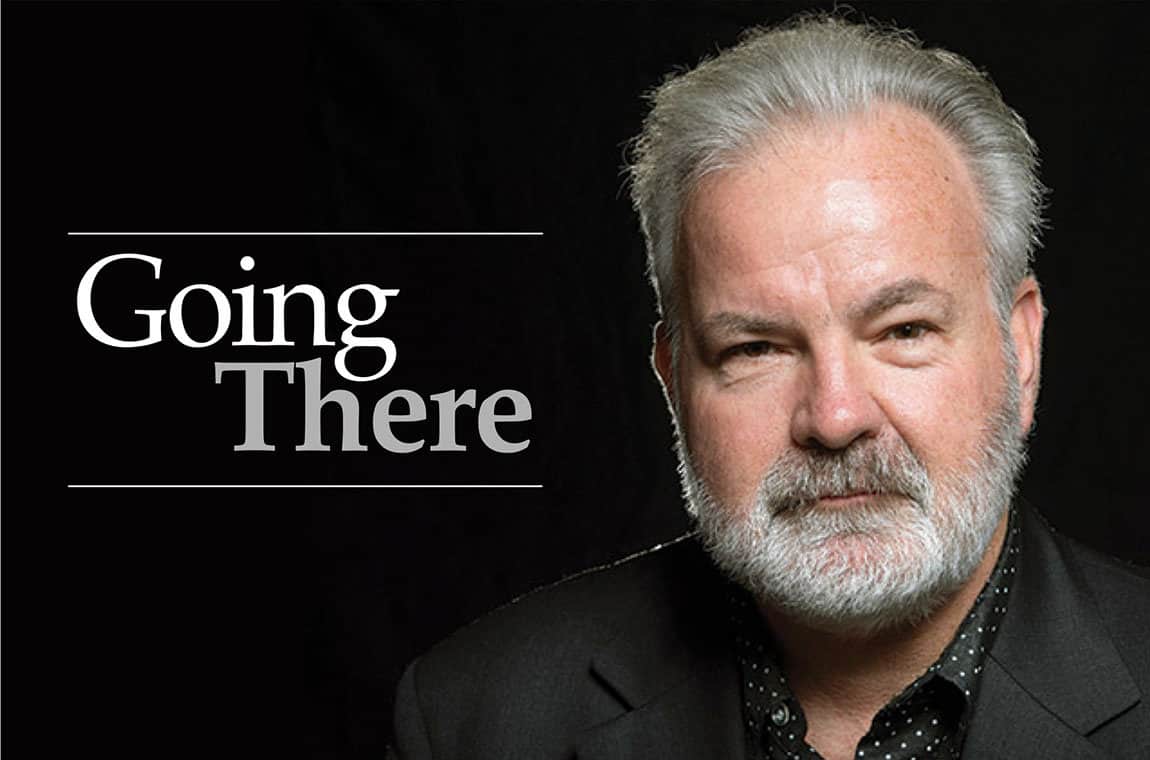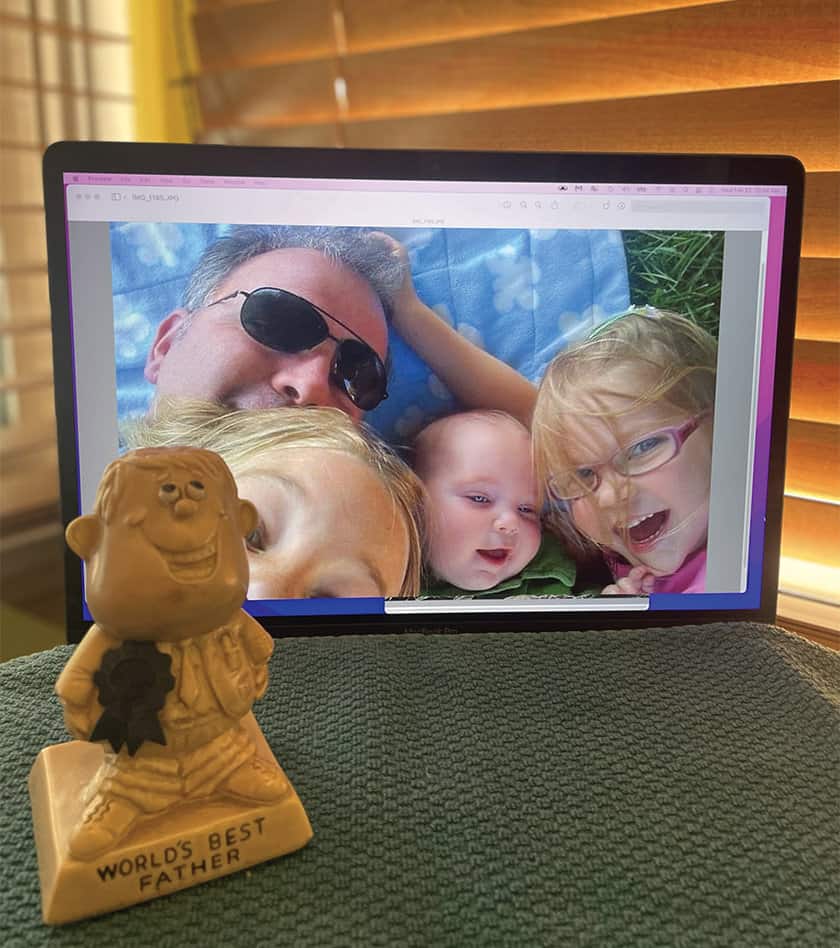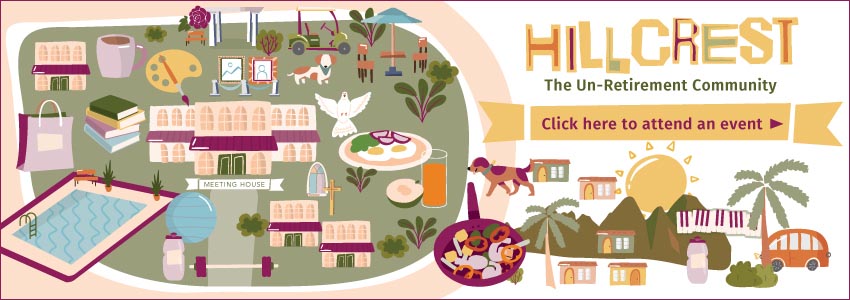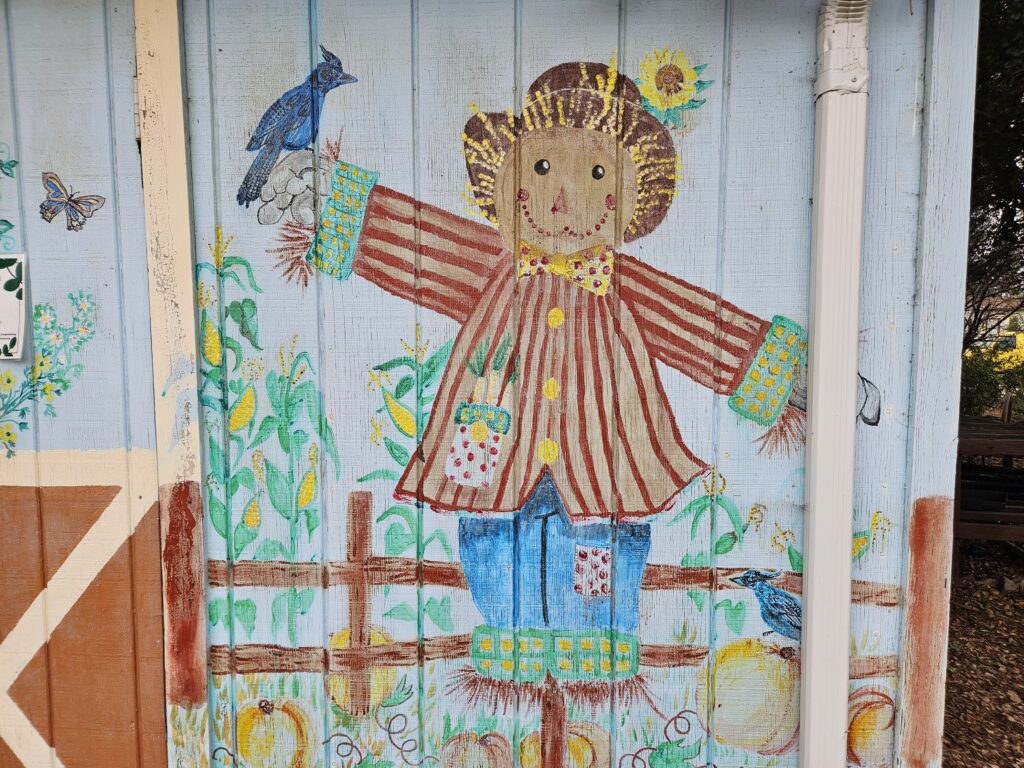Today’s parent … is under stress

by Mick Rhodes | editor@claremont-courier.com
This Claremont Courier special, “Today’s Parent,” might more accurately be titled, “Today’s Parent … is under stress.”
I base this on my own experiences as a parent of four, with three being raised in today’s TikTok/YouTube/Fentanyl minefield.
But that’s just me talkin’.
An October 2022 American Psychological Association poll describes “a battered American psyche, facing a barrage of external stressors that are mostly out of personal control. The survey found a majority of adults are disheartened by government and political divisiveness, daunted by historic inflation levels, and dismayed by widespread violence.”
Sounds about right to me.
While it’s clearly a fraught time to be a parent, it’s a monumentally difficult time to be a kid. The stuff they’ve had to normalize — the devastating effects of instant peer (and stranger) response to their faces, bodies, sexual preferences, failures, and successes via social media, and/or the other modern avenues of instant mass communication, including an alarming spike in suicidal ideation among young girls; the national disgrace of gun violence; a mounting epidemic of drug overdose deaths, mainly due to fentanyl; and the specter of a country seemingly ever more divided in two along ever-deepening political lines in the sand — would surely have smashed us a generation ago.
It’s just, a lot.
Consider that today, as we send our kids off to school, we ask whichever higher power to which we ascribe to watch over and return them to us at the end of the day. And it’s not just because we love them and worrying is what we do: more and more of them are being terrorized on school campuses. According to a February 14 study by the Washington Post, there have been 366 school shootings this country since the Columbine incident in 1999, affecting 338,000 kids.
And of course the carnage is occurring with much greater frequency and deadly efficiency in the nation as a whole. According to the Gun Violence Archive, deaths from gun violence hovered between 12,347 in 2014 and 14,983 in 2018 before spiking to 35,995 in 2019 and escalating to an astonishing 45,106 in 2021. There was a slight dip in 2022 — when 44,305 Americans died from guns.
As of February 20, the Gun Violence Archive reports there had been 80 mass shootings in the U.S. in 2023, more shootings than days in the year. Last year the archive recorded 647 mass shootings, 21 involving multiple fatalities.
Parents have always worried about their kids, but because of these factors and others, there’s something alarmingly attenuated about the modern child-rearing experience. I know, because when I was a kid I didn’t know about or think about the possibility of being shot while I was in school.

Courier photo illustration/Mick Rhodes
The reasons for the change are complex, too complex for this column. But suffice to say having to worry about your child taking a bullet at school represents an enormous change in what one must consider when deciding to parent a child.
Some people say if you give in to fear and change your routine you give the bad guys power and they win. I don’t agree. It’s an unfortunate fact of parenting in 2023 that gun violence and fentanyl are for many of us a regular part of our dinner table conversations.
School-aged kids have been dying from drug overdoses for decades. But according to a 2022 study published in the Journal of the American Medical Association, those numbers for kids aged 14-18 had been holding steady at about 500 per year from 2010 to 2019. In 2020, those numbers nearly doubled, to 954, and shot up again in 2021, to 1,146.
“Beginning in 2020, adolescents experienced a greater relative increase in overdose mortality than the overall population, attributable in large part to fatalities involving fentanyls,” according to the study.
And of course the overall numbers are gut wrenching: According to the National Institute of Drug Abuse, a division of the National Institute of Health, in the pre-fentanyl year of 1999, less than 20,000 Americans of all ages died from drug overdose. The graph maintains a generally steady climb to about 60,000 by 2018, then suddenly escalates rapidly to 70,630 in 2019, 91,799 in 2020, and tops out at 106,699 in 2021. Last year’s statistics have not yet been made available.
Claremont is not immune. We’ve had several school-aged kids die from fentanyl overdoses over the past three years. Some died from counterfeit pills laced with fentanyl purchased via social media messaging apps. Some of those pills were delivered to their homes by peer-aged, low-level drug dealers. Speaking from personal experience, coping with the worry about these easily available, sometimes “one-and-done” deadly street drugs is a source of near constant anxiety for modern-day parents.
Further complicating things is the increasing prevalence of depression and suicidal ideation among American adolescents. A 2022 Centers for Disease Control and Prevention study found 30% of teen girls say they seriously considered attempting suicide in 2021, twice as many as the boys who took part in the study. That 2021 girls’ number is up nearly 60% from just a decade ago.
Clearly something is happening with our kids, and we parents are scrambling to react. Many have pinned the spike in teen mental health issues on the Covid crisis. But the alarm bell rang prior to the pandemic, according to a devastating 2021 report from U.S. Surgeon General Dr. Vivek H. Murthy.
“We know that mental health is shaped by many factors, from our genes and brain chemistry to our relationships with family and friends, neighborhood conditions, and larger social forces and policies,” Murthy wrote. “We also know that, too often, young people are bombarded with messages through the media and popular culture that erode their sense of self-worth — telling them they are not good looking enough, popular enough, smart enough, or rich enough. That comes as progress on legitimate, and distressing, issues like climate change, income inequality, racial injustice, the opioid epidemic, and gun violence feels too slow.”
I’m writing this somewhat gloomy column as a public service to new and prospective parents. Look, it’s not going to be easy for you. Countless half-joking friends told me — after my first child was born of course — “Nobody tells you how hard it is.” Well, they were right. And in my estimation it’s just getting harder.
Children are hope. They’re the living embodiment optimism that things will get better. And it’s up to us parents to do our best to make this real. Yes, it’s the toughest job you’ll ever love, but it’s also beautiful, mostly. It can be a source of immense pride and satisfaction, and also the most heart-wrenching, anxiety-inducing endeavor you will ever experience, sometimes all in the same day.
So if you’re a new parent, I advise you to strap in, read up, and keep your head on a swivel: the train is leaving the station, and God-knows where is your destination. Here’s to hoping your love and very hard work pay dividends, and that you might avoid the most serious pitfalls of adolescence.
And will you do me a favor? Please tell your heretofore childless friends the truth: it’s hard. It’s really hard. Full stop.








0 Comments